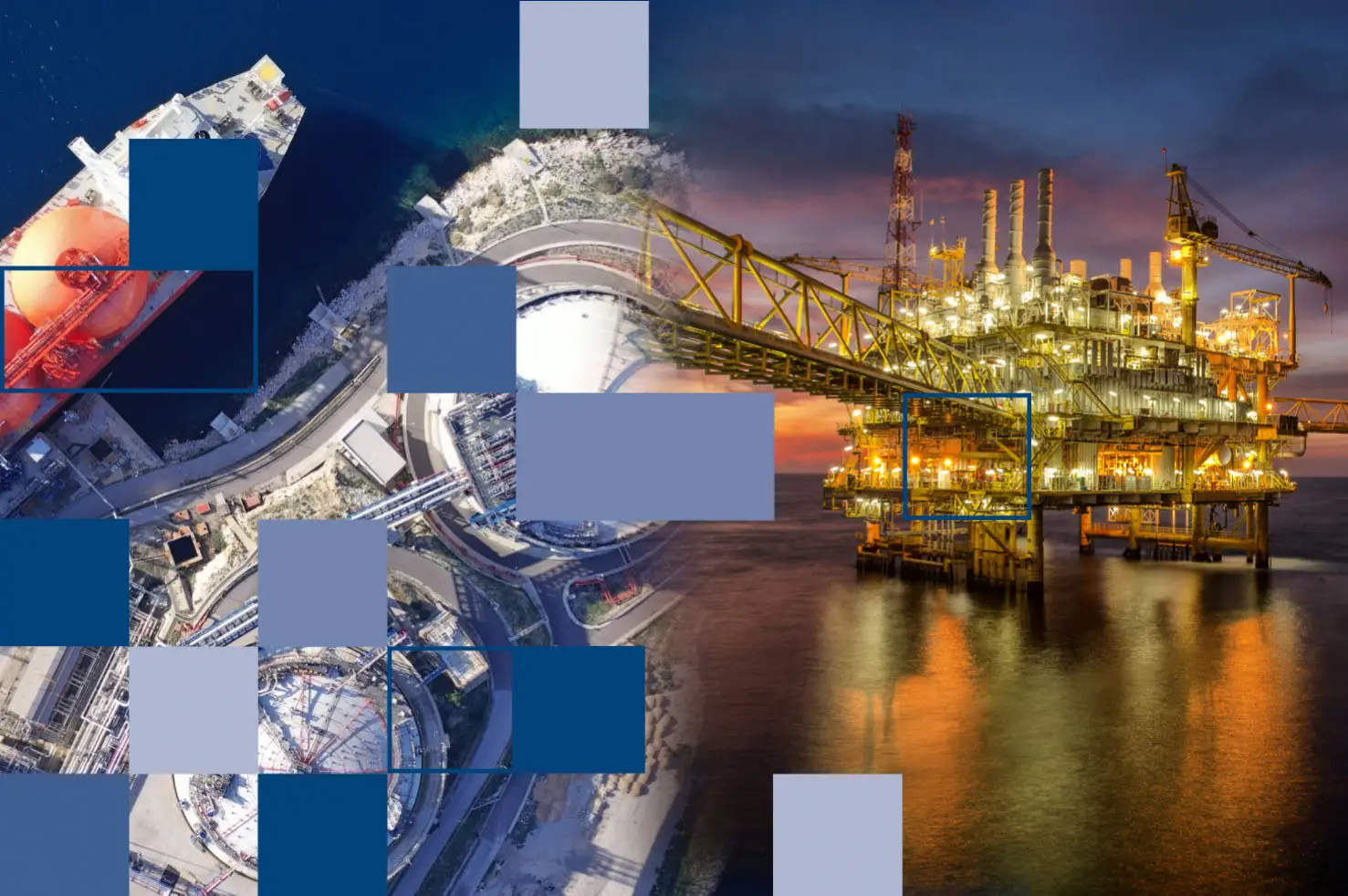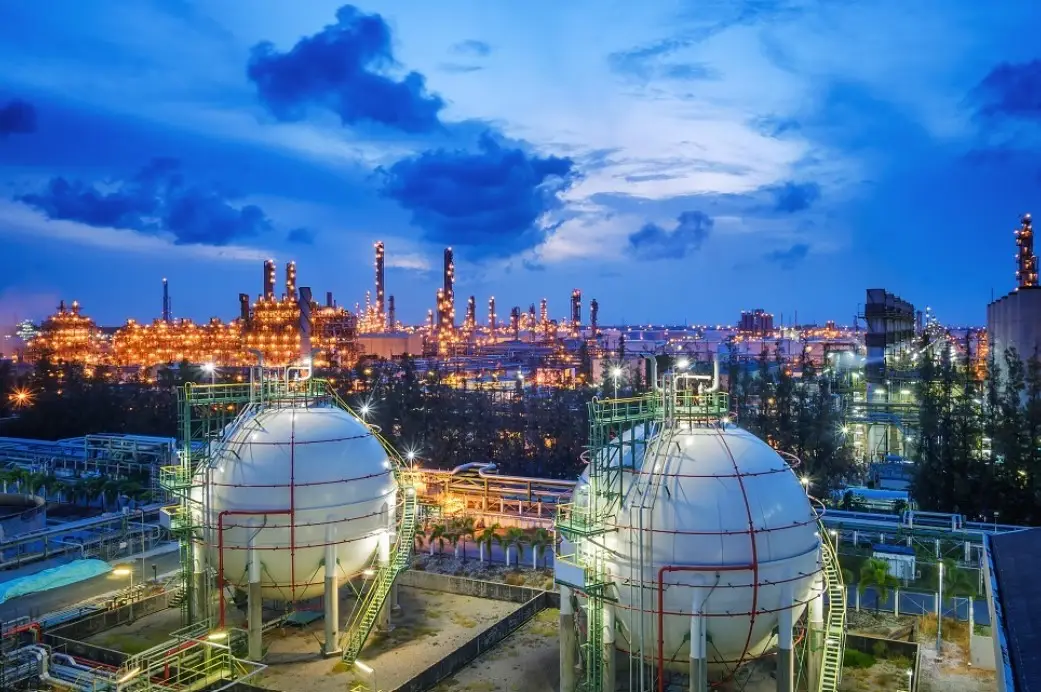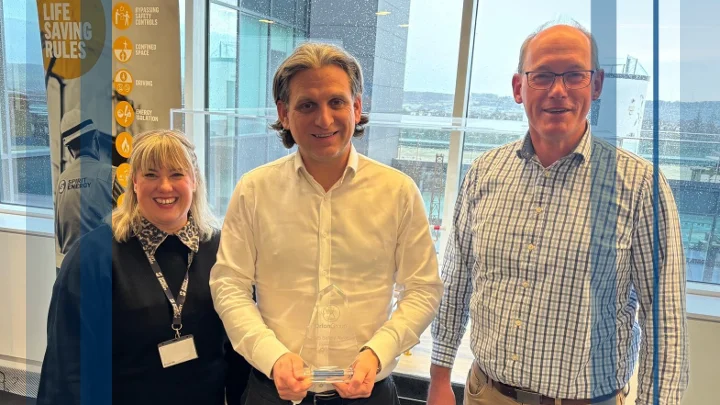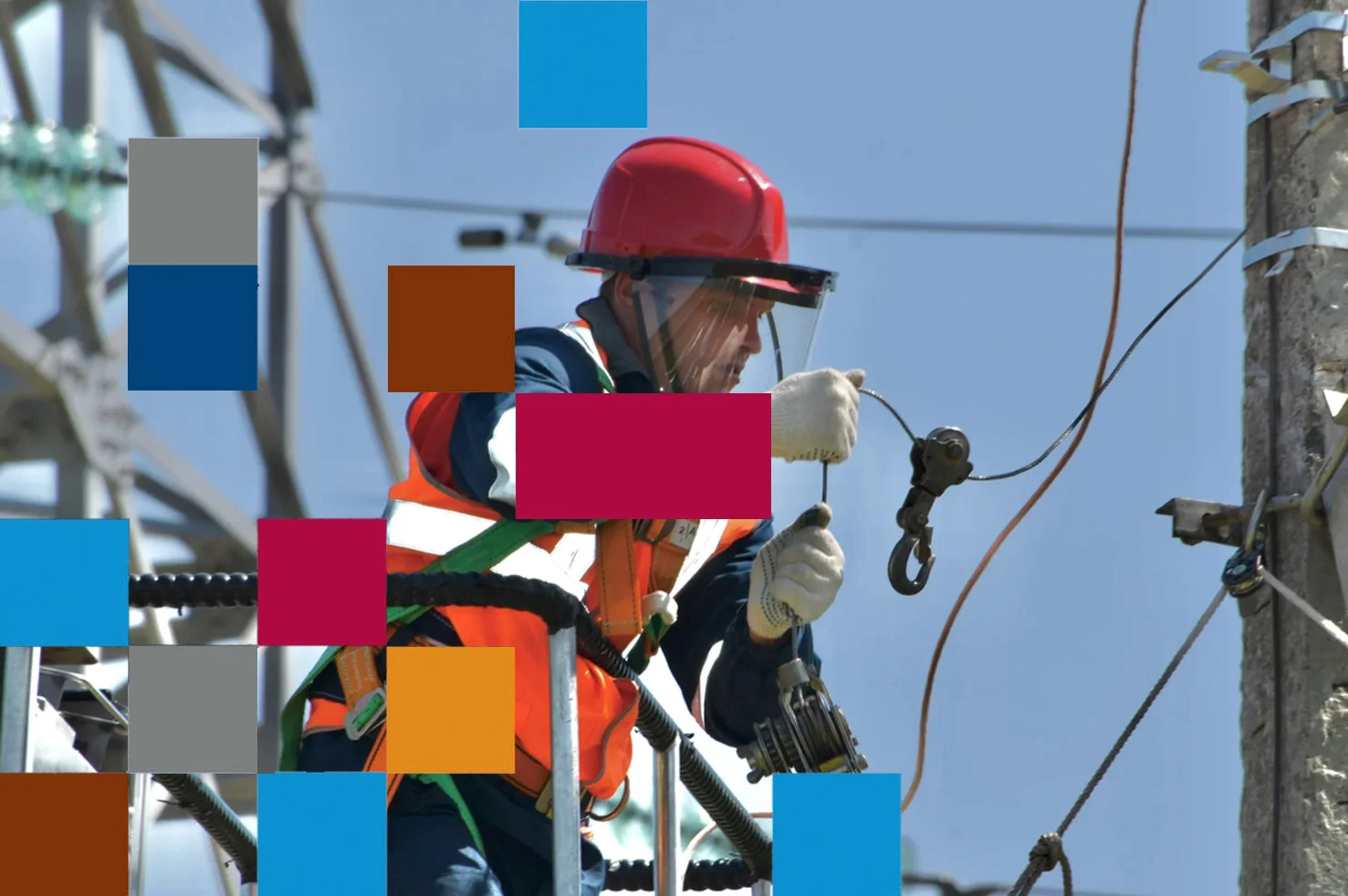Qatar vs Oman: 2025 Oil and Gas Hiring Priorities
25 Aug, 20259 Minutes
The Middle East is still one of the busiest regions in the world for oil and gas jobs, and that’s not slowing down anytime soon. Qatar and Oman are two key players investing heavily in new infrastructure - but they’re not moving in the same direction. In 2025, Qatar is doubling down on LNG and offshore expansion, while Oman is taking a more measured approach, focused on upstream efficiency and long-term localisation.
That split creates very different hiring pressures. Qatar is pushing for fast contractor mobilisation, especially for project services and commissioning roles offshore. Oman, on the other hand, needs experienced people who can support longer-term operational builds and work across multiple functions. The right people will find plenty of opportunity in both countries, but only if recruitment partners understand the pace, scope, and challenges, on the ground.
Orion Group has teams based in both locations. We support offshore recruitment, fill roles quickly, and help clients build project teams that are site-ready and fully compliant.
In this blog, we look at what each country is prioritising in 2025, and what that means for oil and gas recruitment across the Gulf.
Key Energy Priorities Driving Qatar’s Oil and Gas Hiring
Qatar’s 2025 energy focus is bold: scale up LNG output, boost crude production, integrate decarbonisation into major projects, overhaul midstream infrastructure, and accelerate national workforce development. Each one is driving hiring in its own way.
LNG expansion through North Field East and South
Qatar is increasing LNG production from 77 to 142 million tonnes per annum by 2030, which would mark the largest LNG expansion globally. The North Field East and South projects are central to this.
Hiring needs: Commissioning Specialists, HSE Leads, and Project Control Engineers with mega-project experience.
Crude oil growth and field upgrades
Crude and condensate output is expected to rise by 19% between 2025 and 2030, largely through investment in the Al-Shaheen field and enhanced recovery at Dukhan.
Hiring needs: QA/QC, Instrumentation, and Process Engineers - particularly for petrochemical and field development projects.
Carbon capture built into LNG
Qatar is aiming to cut the carbon intensity of its LNG by 25% by 2030 by building CCS into key production assets. Rather than net-zero, the strategy is project-based carbon reduction.
Hiring needs: CCS Specialists, Emissions Compliance Officers, and Infrastructure Planners.
New midstream infrastructure
To handle volume growth, Qatar is investing in the transport, storage, and export of oil and gas. LNG infrastructure is a big part of this buildout.
Hiring needs: Pipeline Engineers, Logistics Managers, LNG Terminal Technicians, and Storage Operations staff.
Building a national workforce
Through Qatarisation, the country is aiming to reduce reliance on expat labour and develop local talent. Education initiatives, leadership pathways, and upskilling are all in play.
Hiring needs: Technical mentors, Offshore Supervisors, and Project Managers with experience in knowledge transfer.
Oman’s specialist talent gap: What roles are missing in 2025?
While Qatar moves fast with large-scale LNG expansion, Oman is taking a more targeted approach. Its priority is upstream efficiency, with a focus on cost-effective, incremental LNG capacity supported by unconventional gas reserves. Unlike Qatar’s long-term, global expansion plans, Oman is positioning itself as a flexible LNG supplier with shorter contracts and smaller, adaptive projects.
That difference in approach impacts hiring. Oman’s energy operators are running leaner project teams and automating more processes, but still face a specialist skills shortage. These shorter contracts demand faster results, and there’s rising pressure to fill senior oil and gas jobs quickly, both offshore and onshore. While Omanisation efforts continue, many technical and leadership roles still rely on international talent to keep pace with change.
Here are the roles in highest demand right now:
Project Planning and Controls
Companies need planners who understand full project lifecycles - upstream to downstream. Ideal candidates will have experience with agile, high-efficiency builds and the ability to step in mid-cycle.
Instrument and Control Systems Engineers
Modernisation has created a gap between traditional expertise and new smart systems. Engineers who can bridge that gap - especially in automation-heavy offshore environments - are in short supply.
Process Safety Specialists
As Oman builds newer, more complex facilities, safety takes centre stage. Roles here demand candidates with proven capability in hazard risk planning, compliance, and process design, under pressure.
Offshore Operations Managers and HSE Leads
The offshore oil and gas sector in Oman is growing, but many operators report a lack of experienced managers. People with offshore logistics, regulatory knowledge, and crisis response backgrounds are top of the list.
Technical specialists and senior leaders
Despite strong national hiring efforts, there’s still a shortfall in highly specialised roles. Many clients are looking for expat talent with 10+ years’ experience to lead hybrid teams, support localisation, and deliver on knowledge transfer targets.
The pressure isn’t just about headcount. Oman’s production growth and tech adoption are outpacing local talent development, meaning the market for experienced contractors, particularly in oil and gas careers, remains strong throughout 2025.
How Different Project Types Shape Hiring Priorities Across the Middle East
Across Qatar and Oman, oil and gas hiring needs vary significantly depending on the type of project. LNG developments, brownfield upgrades, integrated energy builds, and infrastructure expansions, all demand different contractor profiles. Each comes with specific skill requirements, project timelines, and compliance expectations.
Greenfield oil and gas projects
New-build projects call for early-phase expertise. Engineers with planning, design, and environmental knowledge are key, especially in large-scale onshore and offshore developments. Common hiring needs include:
- Project engineers and managers
- Design consultants
- Commissioning teams
- Environmental and regulatory specialists
These roles tend to suit professionals with long-term planning backgrounds and experience with new facility delivery.
LNG megaprojects in Qatar
Qatar’s LNG expansion is driving urgent recruitment for commissioning, quality assurance, and process engineering and technical personnel. These are high-pressure roles requiring proven experience on large, multi-phase energy developments.
Senior Engineers, Commissioning Leads, and QA/QC Specialists with LNG project credentials are particularly sought after. Many of these are short- to mid-term contracts, requiring fast mobilisation.
Brownfield upgrades and facility extensions
In Oman, brownfield projects are more common. These roles often focus on extending the life of existing assets or upgrading facilities to meet modern safety and efficiency standards.
Key hiring areas include:
- Maintenance engineering
- Asset integrity
- Automation and instrumentation
Because these facilities are already operational, contractors must be able to work safely and efficiently within live environments.
Integrated energy hubs and transition-linked projects
Both countries are seeing growth in hybrid energy developments, combining oil and gas with renewables. This is increasing demand for engineers who can support projects involving hydrogen, carbon capture, solar infrastructure, and grid integration.
Professionals with transferable experience across traditional hydrocarbons and clean energy are well positioned here. Compliance, ESG strategy, and digital monitoring roles are also growing in relevance.
Onshore versus offshore requirements
Offshore builds require different resourcing models. Projects rely on Medics, Marine Crews, rotation-ready contractors, and compliance professionals. Onshore builds tend to focus more on embedded engineering teams, longer-term contracts, and QA support.
Recruitment strategies need to be flexible enough to reflect these project differences. As both countries scale infrastructure investment, the variety of oil and gas jobs in Qatar and Oman continues to expand, but so does the pressure to find the right talent at the right pace.

Why Mobilisation Support Matters More Than Ever in 2025
Finding the right candidate is one thing. Getting them to site on time, contract-ready, and compliant is another. In Qatar and Oman, delays in onboarding can set projects back by weeks. That’s why mobilisation support is no longer a ‘nice-to-have’; it’s a key part of recruitment delivery.
Why is mobilisation support critical in oil and gas recruitment?
Because both Qatar and Oman have tight project schedules, strict compliance, and evolving localisation policies. Operators may aim to hire locally, but international specialists are still essential for many highly skilled roles, as well as skilled trades. This means documentation, relocation, and site-readiness all have to be handled fast and well.
What does Orion Group’s mobilisation support cover?
Visa and documentation checks
Professionals entering the Gulf need more than a passport and a CV. From sector-specific medicals to security clearance and local licensing, Orion’s in-country teams handle the admin, so there are no last-minute surprises.
Logistics and onboarding
Accommodation, transport, PPE, inductions, Orion ensures all site requirements are handled before day one. For offshore jobs in the Middle East, this can make the difference between hitting timelines or stalling project phases.
Rotation and contract alignment
Split-location roles and offshore rotations need tight travel, contract, and compliance planning. Orion helps clients stay ahead with integrated scheduling and cross-border support.
What are the benefits for clients?
- Faster onboarding
- Lower risk of project delays
- Better contractor retention
- Fewer compliance issues
Operators who invest in proper mobilisation support see stronger results, especially in complex builds where every delay costs.
Need Support Hiring in Qatar or Oman?
Orion Group is already working across the Middle East with clients in commissioning, construction, maintenance, Quality Assurance, and more. Whether you need one key hire or full project resourcing, we can support your team.
Do you operate locally in the Middle East?
Yes. We have dedicated offices in both Qatar and Oman. In Oman, we operate through our local partnership under the name Shaleem International, working closely with Shaleem Petroleum to support major operators.
What roles do you recruit for?
We place professionals across:
- Offshore commissioning
- Project planning and controls
- HSE and QA/QC
- Process and automation engineering
- Subsea and marine operations
We also support clients with localised hiring plans and long-term workforce strategies, ensuring you can scale confidently while meeting national requirements.
Why choose Orion?
- Approaching 40 years of oil and gas recruitment experience
- Local presence and compliance knowledge
- Specialist hiring across all project types
- Proven contractor performance tracking
Explore our oil and gas recruitment services or contact our team to talk about your hiring plans in the Middle East.



